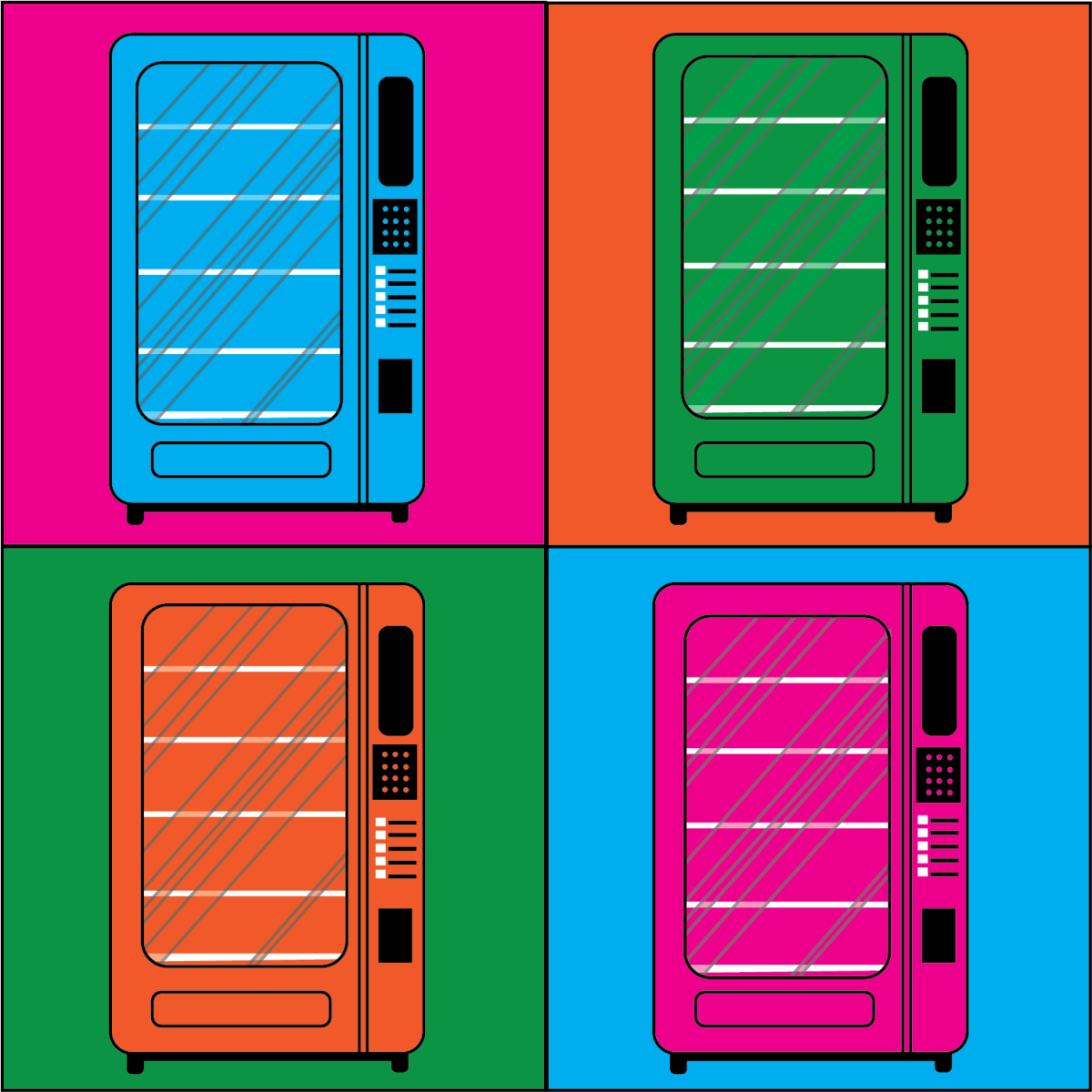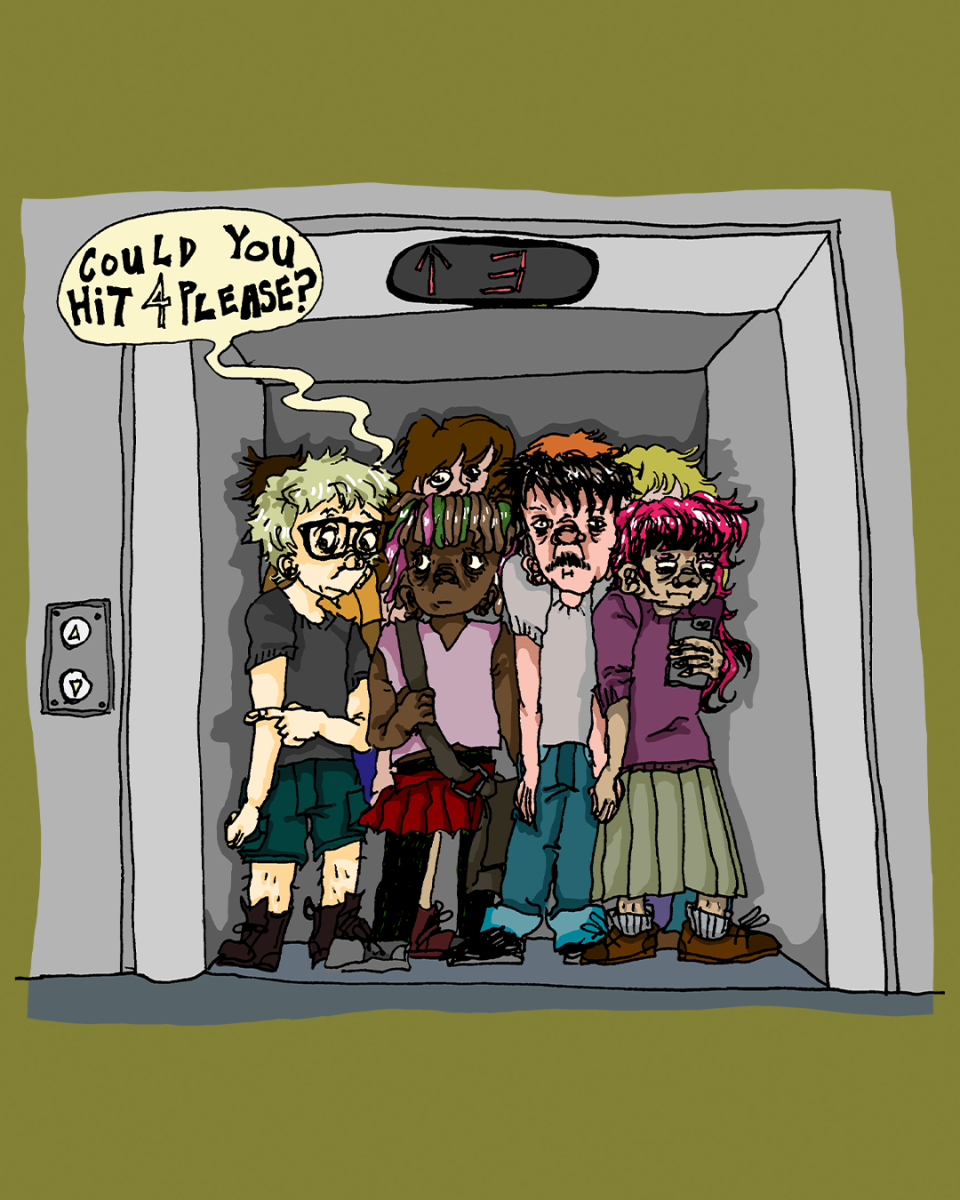Imagine you are running late to class and you skip breakfast. You decide you will just get something to eat once on campus. You get to the building you have class in, and you attempt to get something from the vending machine before the start of class. In buildings like Smith-Wright, Lillie Shull Dougherty and DD Dougherty, this is seemingly not an option for students.
Many students have to wake up very early to get to class or take the bus, not having time to eat breakfast or a meal before class, and are reliant on campus vending machines for a quick snack or energy drink to get through the day. The fact there are buildings on campus without this option is unacceptable.
There are a lot of benefits to having vending machines in every building. When students have access to convenient snacks, they are less likely to be distracted by hunger in class and can stay focused for longer. Vending machines are also a budget friendly option, and with on campus vending machines, students can pay using their AppCard, which can help save their money for other important things.
Most importantly, there are many students on campus who have diabetes or other health conditions that require frequent access to food. For example, someone with low blood sugar would need immediate sugar or carbohydrates, like some juice or hard candy. If a student is in a building without a vending machine and does not have anything on them, this can become a problem very quickly. Having quick and convenient access to food is extremely important for everyone, but especially for those with medical conditions.
The university needs to ensure that there is a vending machine in every building on campus. However, this is not the only issue with the vending machines on campus. Of course students need some candy, chips or an energy drink every so often, but where are the healthy options?
The current vending machine items do not need to be taken away, but there should also be some healthier options in addition to what is already there. Although vending machines have the reputation of serving convenient food, if App State were to stock the vending machines with some healthy options with higher nutritional value, a difference could be made in focus levels and satiation during class.
Eating nutrient dense foods full of vitamins and minerals helps nourish the brain and prevent it from experiencing additional stress. Often, students eat convenience food because there aren’t healthy options that are just as accessible as the food already stocked in the vending machines. Food is fuel for the body, and it is important that students have a variety of options to choose from when they feel hungry, to ensure that everyone is fed.
In addition to this, many college students struggle with disordered eating. In 2018, 12.3% of students who visited the App State Counseling Center last year were recognized as individuals living with an eating concern or body image issue. In addition, the National Eating Disorders Association estimates that between 10%-20% of women and 4%-10% of men in college suffer from an eating disorder. If students that are already struggling with disordered eating or are in recovery do not have access to food when hungry, this could further exacerbate the issue of disordered eating on college campuses.
By providing healthy snacks and making sure there are vending machines in every campus building, the daily lives of students and faculty would be made much easier.





